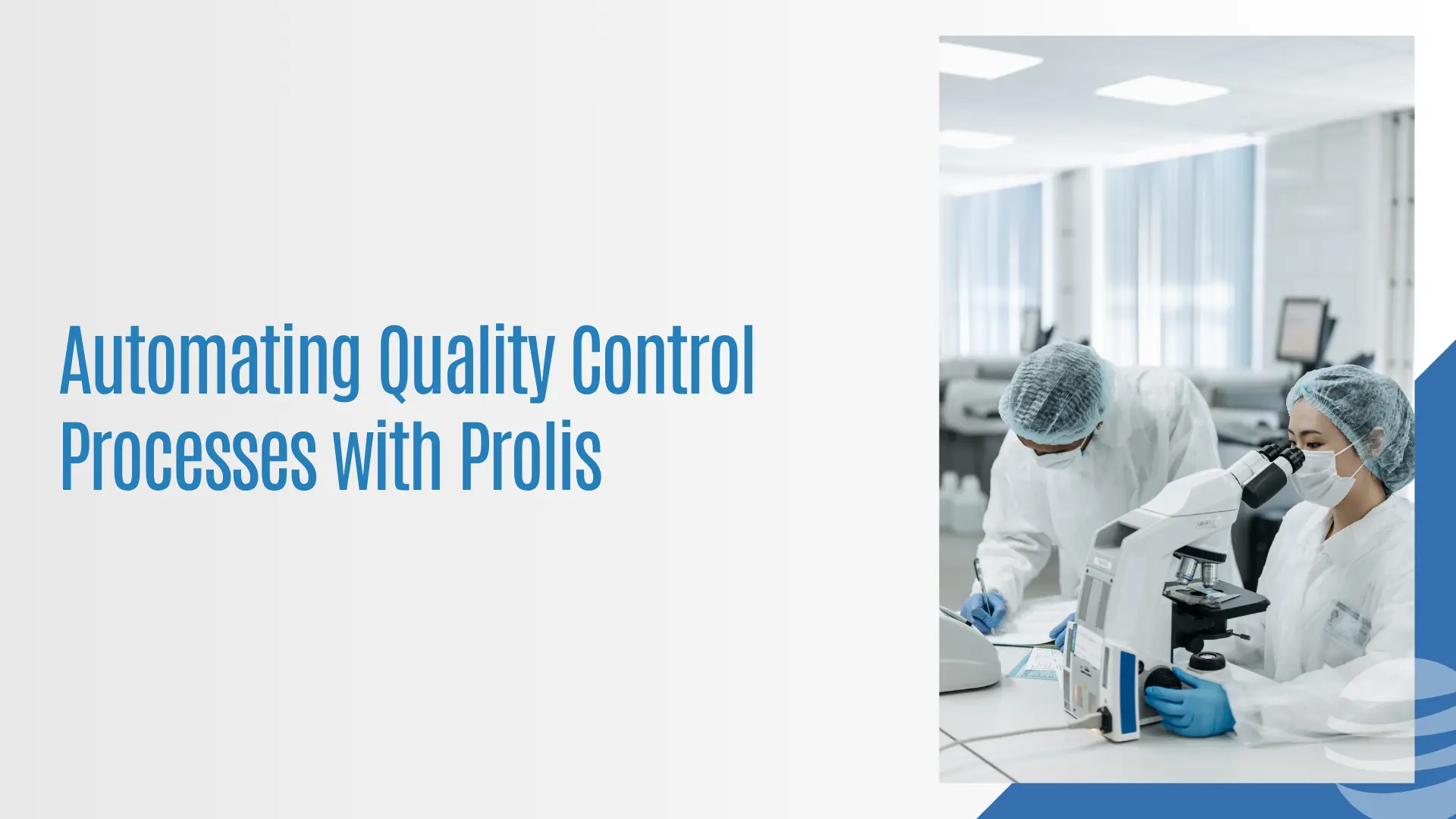
Understanding the ROI of Implementing a Laboratory Information System
Understanding the ROI of Implementing a Laboratory Information System Why ROI Matters in Lab Software Decisions When considering a new Laboratory Information System (LIS), one of

Laboratories can help streamline the regulatory reporting process by utilizing software solutions that are designed to provide compliance with reporting requirements. These solutions enable laboratories to quickly and accurately generate reports in a timely manner, ensuring all relevant data is collected and submitted correctly. They also allow for easier tracking of report submissions and provide access to real-time updates on regulation changes. Automated data-entry and validation processes allow for faster and more accurate reporting. Further cost savings can be achieved by using software solutions that enable the reduction of the manual labor associated with regulatory reporting. Utilizing these tools helps laboratories maintain compliance with all applicable regulations, improve efficiency, and reduce costs associated with generating reports.
Laboratories must comply with various regulatory requirements. These requirements are established and enforced by several governing bodies, including the Clinical Laboratory Improvement Amendments (CLIA) and the Commission on Office Laboratory Accreditation (COLA).
The CLIA is a federal agency that regulates laboratory testing in the United States. It sets standards for laboratory testing and provides oversight to ensure that laboratories meet these standards. The CLIA regulations cover various topics, including personnel qualifications, quality control, and proficiency testing. Laboratories that perform testing on human specimens must comply with CLIA regulations.
In addition to CLIA, laboratories may also seek accreditation from COLA. COLA is a private, non-profit organization that accredits laboratories that meet its standards. COLA's accreditation standards cover many areas as CLIA, including personnel qualifications, quality control, and proficiency testing.
To maintain compliance with CLIA and COLA, laboratories must report various regulatory requirements to these governing bodies. For example, laboratories must report their proficiency testing results to CLIA and COLA to demonstrate their ability to perform specific testing procedures. Laboratories must also report their quality control results, patient test results, and equipment maintenance records to these governing bodies.

The frequency of these regulatory reports can vary depending on the specific requirements. For example, proficiency testing is typically conducted on a semi-annual basis, and laboratories must report their results within a specified timeframe. Quality control results and patient test results are reported as they are generated, while equipment maintenance records and personnel training and competency assessments may be reported on a periodic basis.
Overall, complying with regulatory requirements is essential for laboratories to maintain their accreditation and ensure that they are providing accurate and reliable testing services. By following the regulations set forth by CLIA and COLA, laboratories can help to ensure the safety and well-being of patients who rely on their services.
There are several regulatory reports that laboratories are required to report to CLIA (Clinical Laboratory Improvement Amendments) and COLA (Commission on Office Laboratory Accreditation), which are regulatory bodies that oversee laboratory testing in the United States.
Some of the key regulatory reports that laboratories are required to report to CLIA and COLA include:
1. Proficiency Testing (PT) results: PT is a program designed to evaluate a laboratory's ability to perform specific testing procedures. Laboratories are required to participate in PT programs and report their results to CLIA and COLA.
2. Quality control (QC) results: QC measures are performed by laboratories to ensure that testing procedures are reliable and accurate. Laboratories must report their QC results to CLIA and COLA.
3. Patient test results: Laboratories must report patient test results to healthcare providers or patients as required by law. This includes reporting abnormal test results that may indicate a potential health concern.
4. Equipment and instrument maintenance records: Laboratories must maintain records of equipment and instrument maintenance, including calibration, repair, and replacement, and report this information to CLIA and COLA.
5. Personnel training and competency assessments: Laboratories must maintain records of personnel training and competency assessments, demonstrating that laboratory staff are qualified to perform testing procedures. These records must be reported to CLIA and COLA.
Overall, laboratories must comply with numerous regulatory requirements to ensure that they are providing accurate and reliable testing services. Reporting required information to CLIA and COLA is important to meeting these regulatory requirements.
Here's a table summarizing some of the key regulatory reporting requirements for laboratories, including the governing bodies and frequency of reporting:
| Regulatory Reporting Requirement | Governing Body | Frequency of Reporting |
|---|---|---|
| Proficiency Testing Results | CLIA and COLA | Semi-annually |
| Quality Control Results | CLIA and COLA | As generated |
| Patient Test Results | CLIA and other applicable laws | As generated |
| Equipment and Instrument Maintenance Records | CLIA and COLA | Periodic basis |

Understanding the ROI of Implementing a Laboratory Information System Why ROI Matters in Lab Software Decisions When considering a new Laboratory Information System (LIS), one of

Automating Quality Control Processes with Prolis Why Manual Quality Control Puts Labs at Risk In every clinical or diagnostic lab, quality control (QC) is the silent

Frequently Asked Questions About Prolis: Your Queries Answered Why Labs Have Questions About LIS Software Choosing a Laboratory Information System (LIS) is a big decision. Labs want
Prolis is a Laboratory Information System (LIS) for streamlining, automating, and improving lab processes. Our powerful LIS system helps you manage large-volume lab data while adhering to strict standards, helping to reduce manual operations and improve efficiency and turnaround times. Prolis lab software can help you maximize productivity, reduce errors and improve quality control.
© 2025 Prolis. All rights reserved.
Powered by American Soft. Solutions Corp.